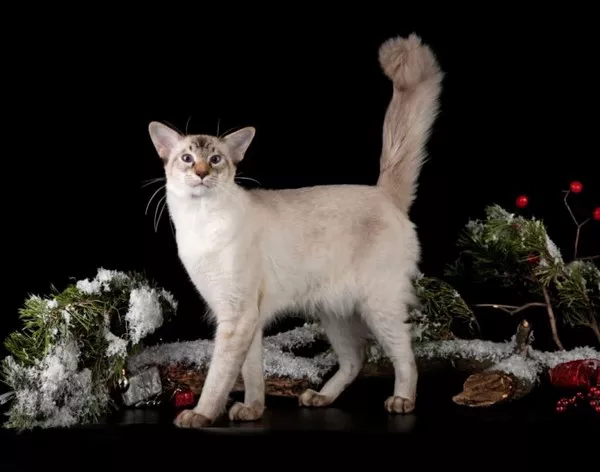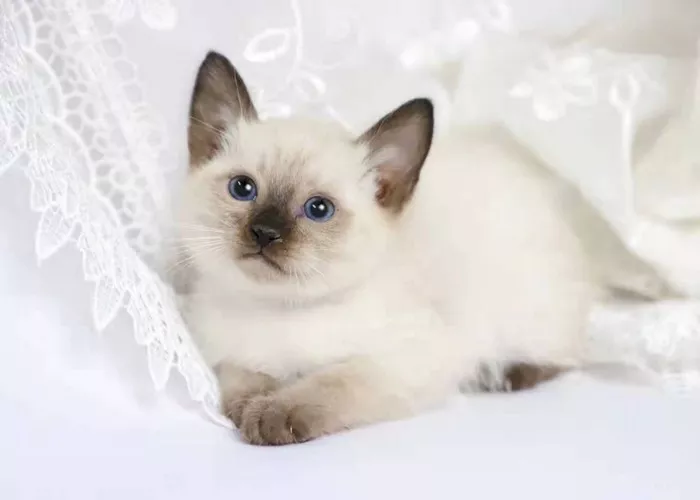After an arduous two-year wait at a New York shelter, Annie, a rescue cat with a rare seizure disorder, has finally found her forever home.
Annie, a loving black cat, first arrived at the Dutchess County SPCA (DCSPCA) in June 2021. Her journey to a permanent home was marked by challenges and resilience.
Lynne Meloccaro, the executive director of DCSPCA, revealed that Annie was brought to the shelter by a healthcare worker due to her owner’s dementia. However, her health issues became apparent shortly after her arrival, complicating her path to adoption.
Meloccaro explained, “Because she was undiagnosed when she arrived, it took some time for us to learn what the problem was and how to treat it. We knew she had not been well cared for because of her owner’s illness. So we did what we do with all our special needs cats — we rolled up our sleeves and got to work to figure out the best treatment plan for her.”
Annie was relocated from the shelter environment to a calm and stable foster home, where she received intensive care for eight months. After thorough examinations and observations in her foster home, DCSPCA determined that Annie had feline hyperesthesia, a rare disorder leading to seizures in some cats, including Annie.
Meloccaro elaborated on the condition, stating, “If untreated, her condition will manifest as fits of severe anxiety and self-mutilation. She will be fine one moment, and then the next, suddenly turn around and bite her own tail. Her tail was quite chewed up when she first arrived. During these seizures, she can’t be touched and comforted because of agitated behavior she can’t control, and that’s heartbreaking because she is clearly terrified when these fits occur.”
With a diagnosis in hand, DCSPCA initiated anti-seizure medication for Annie, resulting in a significant improvement in her condition. Her seizures have markedly decreased, and her tail has healed, although she will require lifelong medication.
Despite her health improvements, Annie’s special needs presented a challenge for potential adopters, causing her to be overlooked at the shelter. Meloccaro shared, “The average adopter might ask, ‘Why should they consider a cat like Annie when there are so many other cats available without any issues?’ That’s why many shelters would not even let a cat like Annie stay for as long as she did, but we always try to do all we can to find that special adopter who is willing to give a home to a special needs cat, even if it takes two years.”
In September, Annie’s perseverance paid off when she found her ideal adopter, Renee, a compassionate individual with epilepsy stemming from Sturge-Weber Syndrome, a rare vascular disorder. Renee was moved by Annie’s story and was undeterred by her feline hyperesthesia.
Renee shared, “I wasn’t intimidated by her feline hyperesthesia like some other cat owners due to the fact that I have had many elderly, special needs cats in the past. To hear that a kitty had to endure two years without a permanent home was awful, and I was bound and determined to remedy that. As someone with a rare condition myself — Sturge-Weber Syndrome — I know the unknown can be scary, but I was ready to face it with her!”
Since moving into Renee’s home, Annie, who has been renamed Tapenade, is gradually adjusting to her new life. Renee describes Tapenade as timid initially, but once comfortable, she exhibits curiosity and playfulness. She also enjoys affectionate moments of cuddling.
Tapenade has found her place by the window and is getting acquainted with her new feline companions and her empathetic owner. Renee understands the challenges of seizures, having experienced focal seizures herself, and is committed to providing a safe and loving environment for Tapenade.
DCSPCA is overjoyed that Annie, now Tapenade, has found a caring and supportive home. Meloccaro expressed, “Annie’s adoption is a source of inspiration for us to continue working for all the animals that need extra help.”
Renee hopes that their story encourages others to consider adopting older or special-needs pets, emphasizing, “It may seem like a lot on paper, and that may intimidate new pet owners; just know that it’s worth it.”























